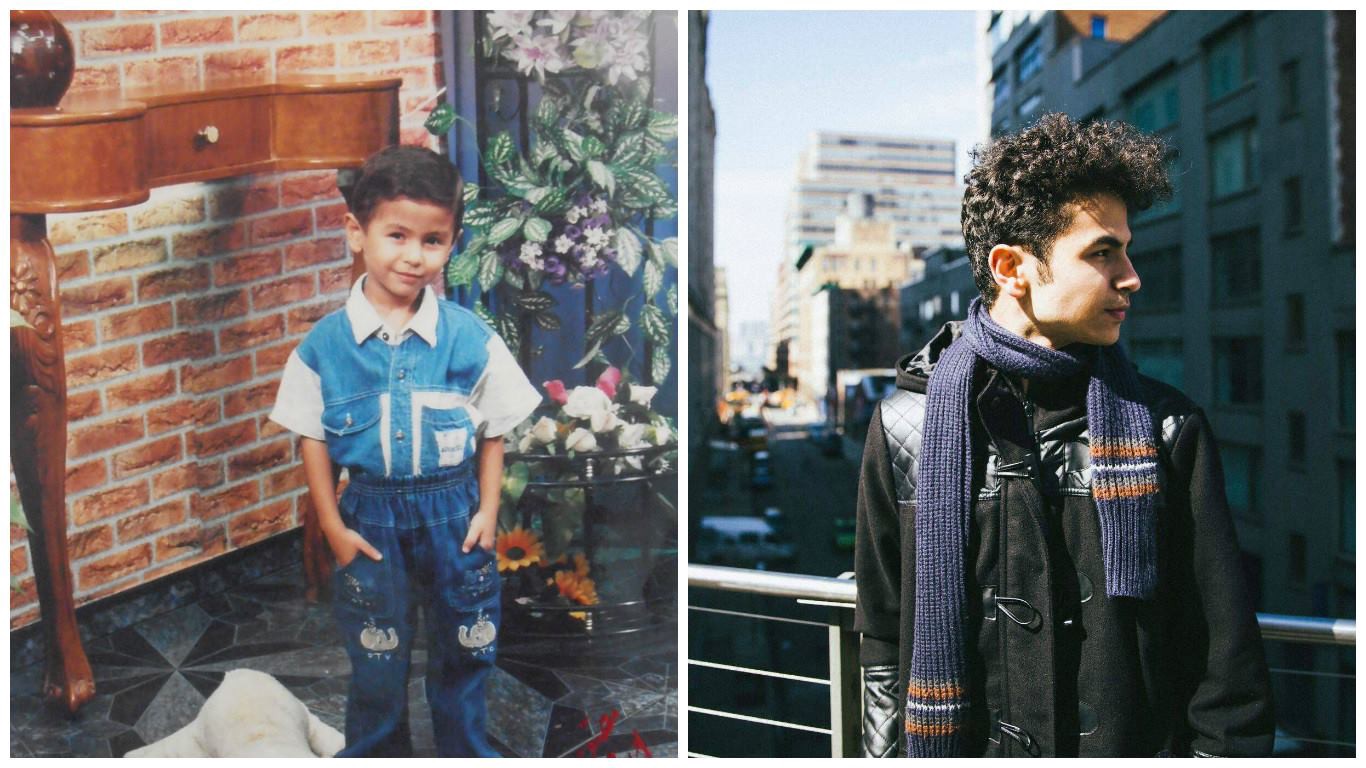Nine years ago, on May 19th, 2008, The United States welcomed my family with open arms. I was 10 years old, full of hope and thought that all American citizens were action stars. I didn’t realize it right away, but we had been given a second chance.
Everyday for the last nine years, I have tried to live my life with that second chance in mind, always asking myself ways in which I can contribute to this country, and ways in which I can use my experiences to bring people together of all backgrounds.
Through the demonization, the hate, the misinformation, I found that resilience always prevailed.
In 2008, my family had a very small chance to be accepted into the US.
Statistically speaking, I’m not supposed to be here.
Statistically speaking, I’m not supposed to be on the Huffington Post, Adobe, the United Nations, Fusion, Instagram, and SAP. I’m not supposed to have had been accepted to an elite college with a full scholarship. I’m not supposed to have had the chance to empower myself and thousands of others through the power of storytelling.
Because of this second chance, I was able to remind myself and the world that we have more to gain from acknowledging and embracing our differences rather than using them as a means of division.
To those who oppose the acceptance of refugees to this country, think back on every second chance that life has given you. Think about all of the contributions that refugees are making and will continue to make.
But what’s next?
I share my story to provide an alternative narrative, to create a possibility.
We are truly united by our differences as much as we are by our similarities. The next time you engage with someone that seems to have the opposite of your views, think back on the stories that you’ve previously heard.
Stories can start a conversation, destroy a stereotype, and open the door; they can be incredibly powerful, but they are only a small part of the solution. What’s important is what happens after the story is told.
In the face of bigotry and hatred, it is easy to fall prey to division and fear mongering. This is precisely why we must come together and find the similarities, and more importantly: come to appreciate the differences in our stories. We must look to these differences as vehicles of power, not weakness.
I don’t say these things to sound overly-philosophical (I do enough of that in my literature class), but to provide a personal thank you to every single individual who believed in me and gave me and my family a second chance.
I don’t want to be an exception, I want to be the rule. It’s important to emphasize all human stories, regardless of how extraordinary they may be. My story is not unique, but when shared, the possibilities for dialogue are endless and have the potential to be multifaceted in their impact.
This fight is long from over, and I’m motivated to continue to share my story and the stories of those who have come before me, after me, and those who I stand with side by side today.
You can hate me for being muslim, for being Iraqi, or for being a refugee, but I will show you that your hate is ill founded by my appreciation for your voice and your perspective.
This is what a refugee looks like. And this what a refugee can become.
Originally published at medium.com


